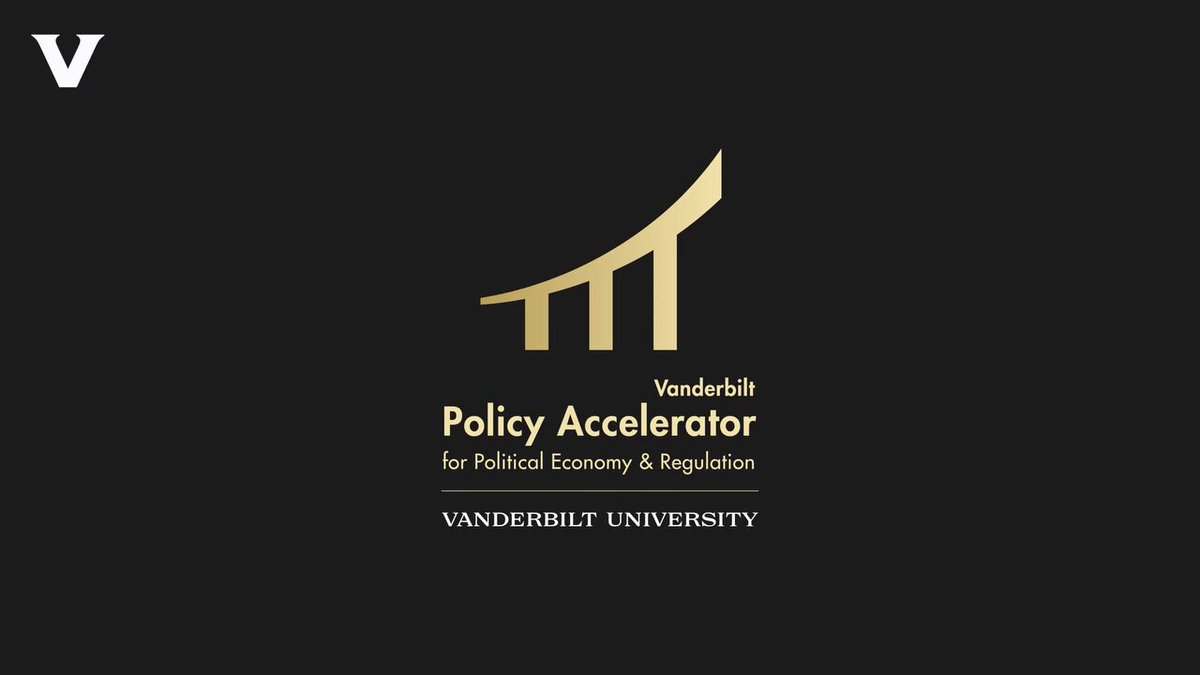Artificial Intelligence at Vanderbilt Law

Our Impact
Artificial Intelligence is poised to transform the legal landscape, expanding access to legal services while changing the delivery of law practice. Through scholarship, programs, and initiatives, Vanderbilt Law champions the ethical use of AI, prepares students for the future of legal practice, and partners with the legal community to develop new applications.
Vanderbilt AI Law Lab
The Vanderbilt AI Law Lab (VAILL) harnesses AI to expand access to legal services and knowledge and improve the delivery of legal services. Its objectives include training students to navigate an AI-driven landscape, pioneering ethical applications of the technology, and forging partnerships between academia, industry, and the legal community to bring projects to life.
AI & The Law Courses
| AI in Law Practice | Intellectual Property and the Arts Clinic | Legal Operations | Quantum Technology: Legal and Societal Implications of the Quantum Age |
| AI Augmented Legal Research | International Intellectual Property | Legal Problem Solving | Robots, Artificial Intelligence, and the Law |
| Artificial Intelligence in the Workplace: Legal and Policy Implications | Law of Cyberspace | Legal Practice Technology | The Law of Data as an Asset |
| Data in Law Practice | Law as a Business | Music and Copyright Seminar | VAILL Practicum |
Generative AI for Legal Services Primer
The course, created by Vanderbilt Law's Mark Williams, covers ethics and privacy, basic prompt engineering strategies for legal use cases, and how to leverage Generative AI to augment your legal expertise.
The AI of Law: A VAILL Substack
VAILL created The AI of Law platform (aka AIOL) to serve as a community forum where we and others share insight and inspiration about how GenAI (and related technology) is reshaping the present and future of legal services delivery.
Vanderbilt Project on Prosecution Policy
AI and Prosecution
This report catalogs current AI applications in prosecution, explores future uses, assesses benefits and risks, and offers recommendations for effective governance use.
Vanderbilt AI Law Lab
Women+AI Summit
The inaugural summit of several events brought together industry professionals, academics, and students to explore the impact of AI on gender equity.
A Legal Sci-Fi Story
Forever
Forever: A Legal Sci-Fi Story, is a “new type of fiction,” says author Daniel Gervais, Milton R. Underwood Chair in Law. The AI law expert wrote the book to teach technology law.

Vanderbilt Policy Accelerator
The Vanderbilt Policy Accelerator (VPA) is a Discovery Vanderbilt initiative that focuses on cutting-edge topics in political economy and regulation to swiftly bring research, education, and policy proposals from infancy to maturity.
VPA brings a focus on networks, platforms, and utilities (NPU) law, industrial policy, and public options to bear on the challenges and opportunities of artificial intelligence.
In a collection of policy papers and reports, VPA offers solutions to address the concentration of power in the AI industry through antimonopoly policies and measures to build public sector AI capacity.